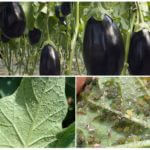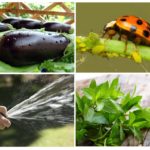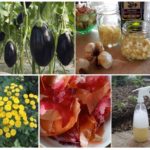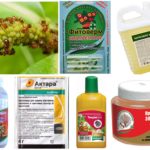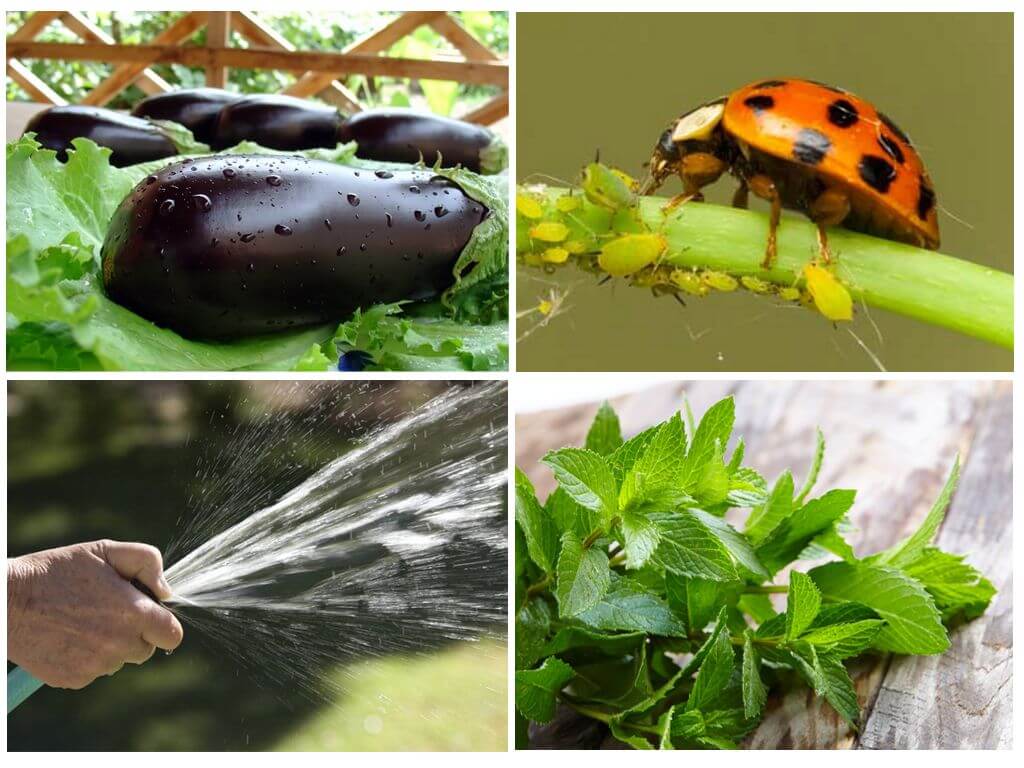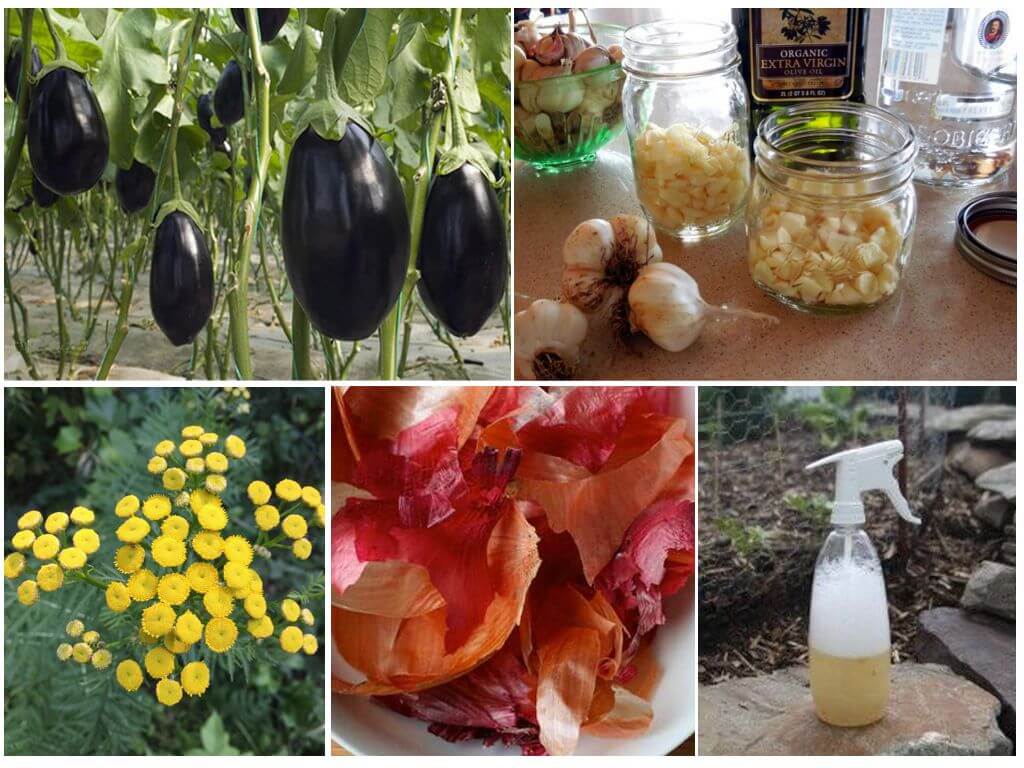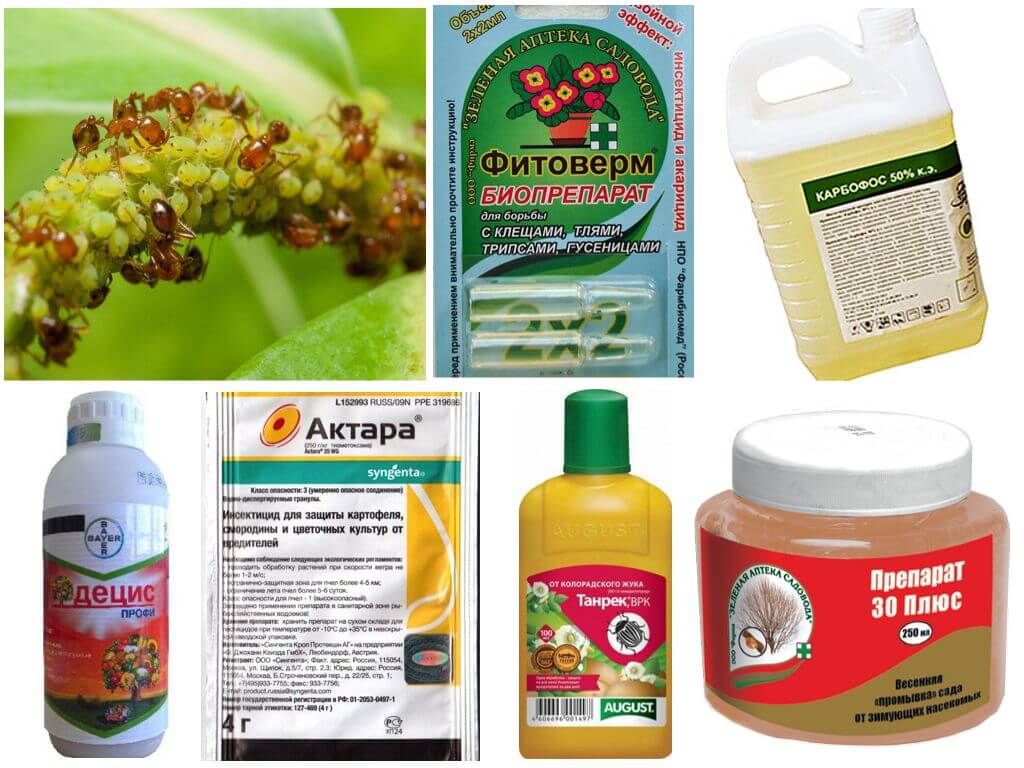How to fight at home with aphids on eggplant
Content
- Aphids on eggplant
- Ways to combat aphids
- Home recommendations
- Chemicals
Eggplants, due to the large number of trace elements and vitamins, are one of the important foods. In temperate climates, plants are mainly grown in greenhouses from previously prepared seedlings. Heat-loving culture requires special attention, as pests love to eat it and are able to destroy the entire crop.Gardeners are concerned about the question - how to deal with aphids on eggplants, because she often invades juicy shoots. Timely measures will save the plants and get good results with proper care.
Interesting!
In antiquity, eggplant was considered poisonous due to its specific bitterness. Fruits were ground into powder and sprinkled on to the worst enemies.
Eggplant Types
Eggplants have many “enemies”, but most often the plant attracts aphids. Voracious insects suck up the sap of young plantings, which prevents their normal development and growth. Aphid on eggplant meets two varieties:
- Green Peach. Mostly insects are pale green in color, but some representatives may have pinkish shades depending on the pigment of the plant being destroyed. Colors vary with environmental conditions. Depending on the stage of development aphid may be winged or wingless, it has well-distinguishable "horns" on the abdomen.
- Cotton or melon. The insect develops under conditions of high temperature background, so this aphid appears on eggplants closer to the middle of summer.Insects differ significantly in body size and color, which varies from yellow green to almost black. Different representatives of this pest species have different activity in damaging plants. The little yellow aphid develops slowly and does not produce many offspring, therefore the harm from it is not significant. Large dark individuals rapidly develop and multiply. They are able to destroy a bed of eggplants in a couple of days.
Given this information, gardeners who want to preserve the crop, at the first sign of the presence of pests should remove the aphids by any available means.
Important!
The timely detection of insects and the correct processing of the seedling material, adult plants will save the harvest of eggplants.
Pest control methods
Externally innocuous insect, aphid can cause great harm. She settles on the leaves, stems and flowers of crops. The pest does not eat juicy fruits, so the most dangerous aphid on eggplant seedlings.
On a note!
The tissues of young shoots due to toxins secreted by insects during the absorption of juice, deform and dry.Plants infected with aphids slow down their growth, and the fruits forming on them become practically unsuitable for use because of the pronounced bitter taste.
To save the eggplant will help an integrated approach to the destruction of pests. Gardeners successfully use proven methods, among which are the following techniques:
- mechanical or physical;
- biological;
- folk methods;
- chemical.
All of them allow in one way or another to cope with dangerous pests.
Mechanical destruction
Remove aphids with eggplant can be manually. Insects are not able to move quickly, have very soft bodies, so pulling pests from a few bushes is not difficult. Sometimes gardeners leave dead aphids on plants, considering it as a precautionary measure for the emergence of new individuals.
In addition to crushing colonies aphids wash off with a strong stream of water. To do this, simply arm yourself with a spray bottle and spray eggplants with plenty of water at room temperature.
On a note!
The method is quite effective, but in carrying out such treatment it is necessary to ensure that the jet does not carry pests to neighboring plants.
Biological techniques
Absolutely safe, useful and eco-friendly methods allow you to get rid of aphids on eggplant. Their essence consists in attracting insects to the site, exterminating parasites. These include some types of wasps, female squirrels, golden-eyed eyes, ground beetles, ladybugsfeeding on aphid larvae.
To lure them, next to the eggplant, it is desirable to plant dill, garlic, lavender, carrots, fennel, mint, coriander, marigolds. The smells of these plants also scare away aphids and do not allow them to take root. This method allows you to fight in the open field, as well as greenhouses.
Feedback
I do not know whether there are plants that do not suffer from aphids. We grow eggplants in the greenhouse. We plant garlic and mint next to them. But additionally treated with a solution of ammonia. It turns out 2 in 1 - processing and feeding. Good remedy.
Victor, Saratov
Folk recommendations
Opponents of radical measures apply sparing recipes in practice. They are based on the use of decoctions, infusions of plants and other components. A soap and ash-soap spraying or rinsing has proven itself well.For the preparation of compounds used household or tar soap, and wood ash.
Feedback
I grow eggplants for a long time. An ash-soap sprinkle helps me to cope with the aphids. I process plants at the first suspicion of the presence of parasites. The main thing to do on time.
Olga, Vladimir
Before using folk remedies, you need to check their impact on a small area. Treatment of affected plants is allowed after flowering, but no later than 2 weeks before picking vegetables. The most effective are the compositions prepared from such components:
- garlic;
- onion peel;
- tobacco leaves;
- camomile pharmacy;
- wormwood, tansy, yarrow, pepper and other odorous plants.
On a note!
In greenhouse conditions it is good to use fumigation of the room with tobacco smoke.
Popular components for the preparation of folk remedies are also:
- ammonia;
- soda;
- milk and iodine;
- Coca Cola;
- vinegar;
- celandine;
- mustard;
- vodka;
- Green soap;
- Birch tar;
- boric acid.
Chemicals
Aphids can start on eggplants not only in the open field, but also in enclosed spaces.Therefore, the owners of these structures should know how to deal with dangerous pests in the greenhouse. Specialty stores have a large number of safe for humans. insecticide.
Important!
When using chemical preparations, it is necessary to do the treatment in such a way that the product gets directly onto the aphid colony. Do not use toxic substances during flowering and fruiting.
Work with poisons is carried out only in dry weather, if eggplant grows on open ground. Chemical products that do not accumulate in plants are very popular with consumers. Among them are:
- Karbofos;
- Fitoverm;
- Spark;
- Actellic;
- Decis Profi;
- drug Aktara;
- Arrow;
- Drug 30 plus;
- effective remedy tanrek and other insecticides.
Terms of use of each of them are detailed in the instructions. Knowing how and how to process eggplants from aphids can save the harvest.
Feedback
They did not notice how the aphid appeared on eggplants. To save the crop, I had to resort to chemistry. The store advised the drug 30 plus. It is safe, as it is made on the basis of oil emulsion. After treatment, the insects disappeared.
Inga, Serpukhov

